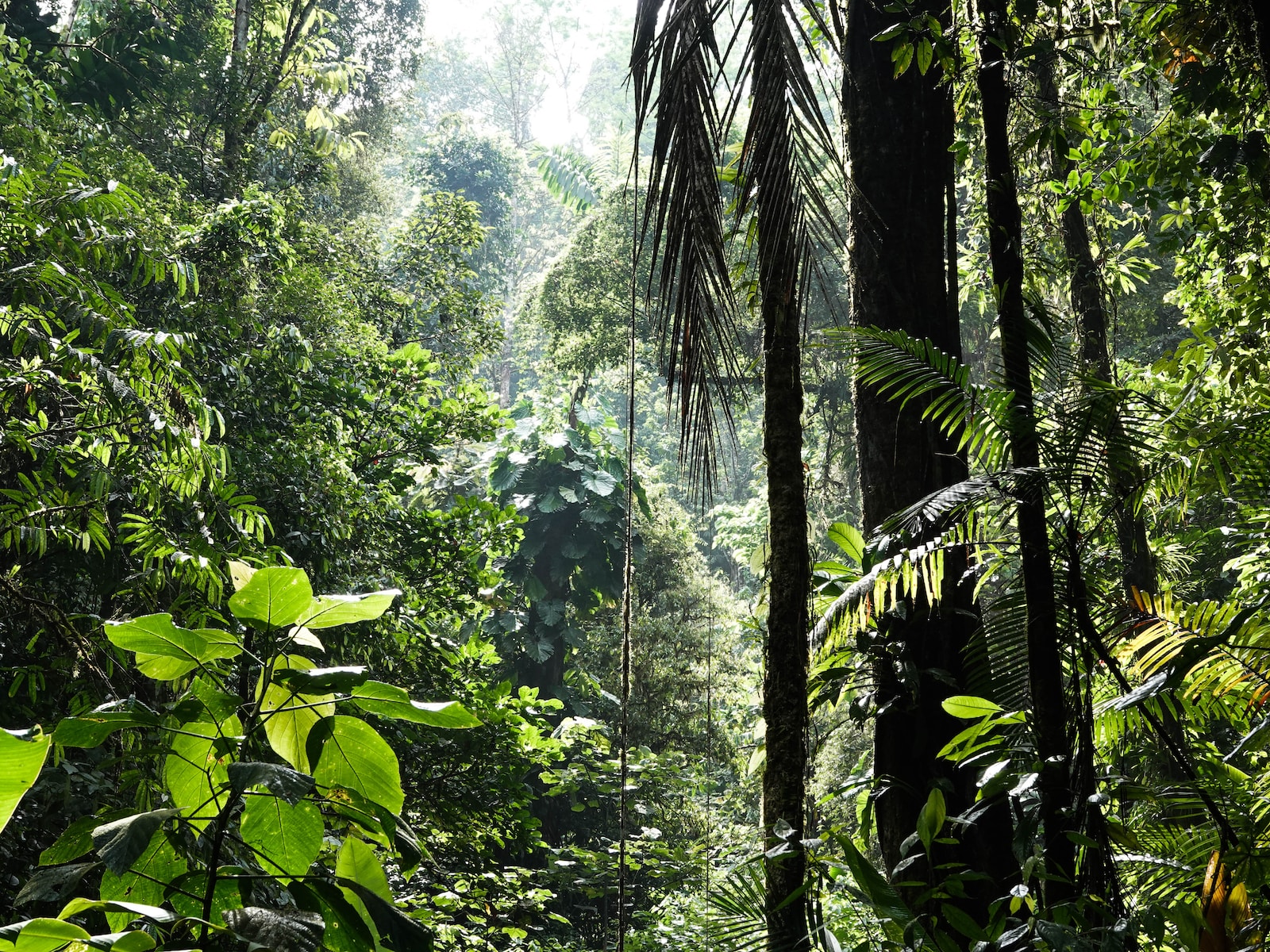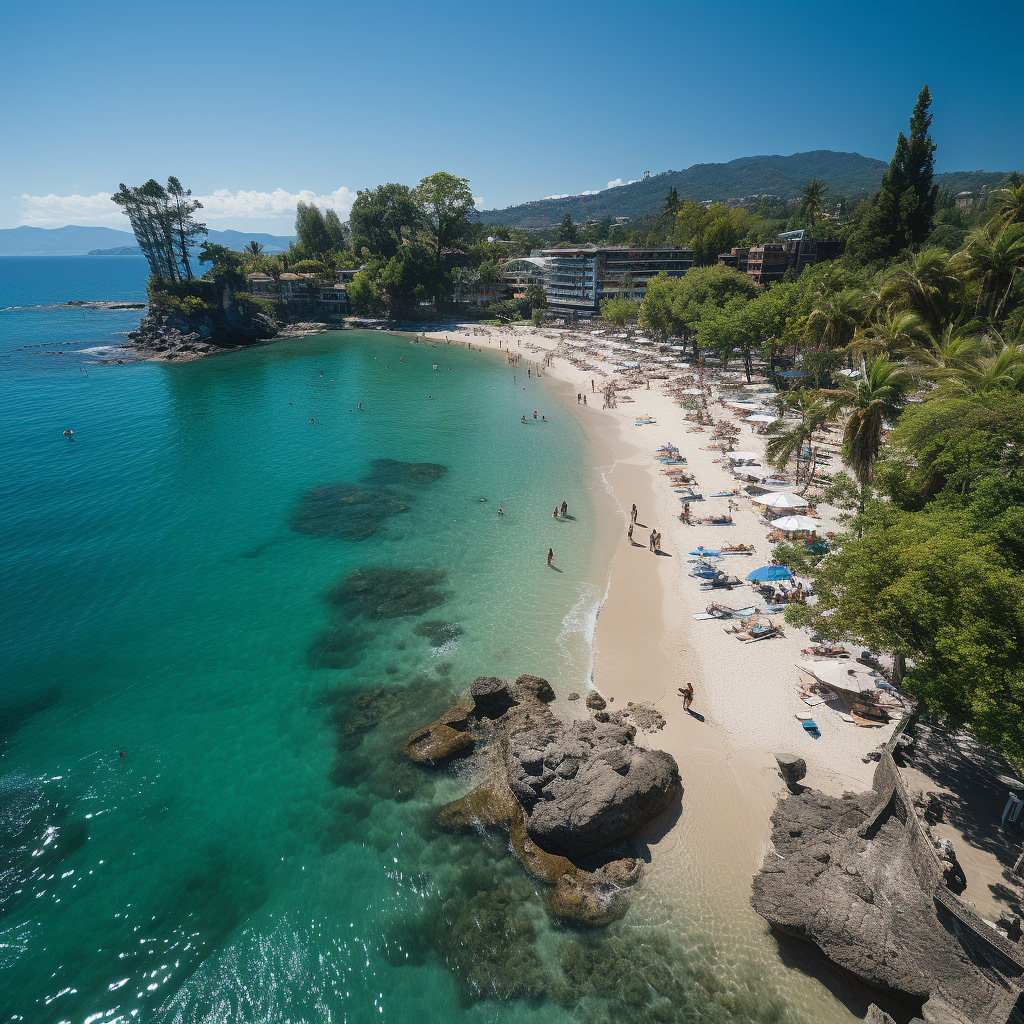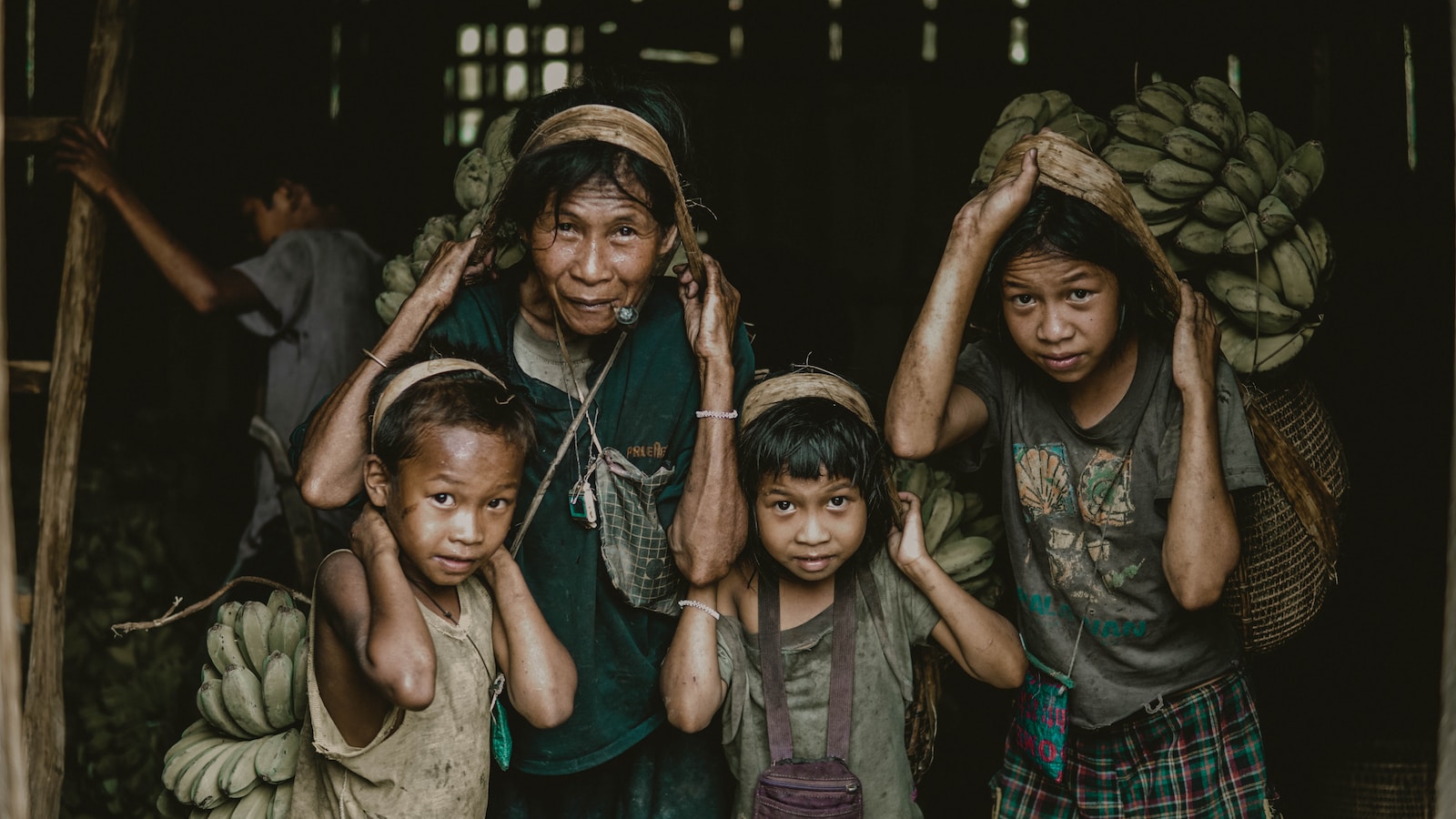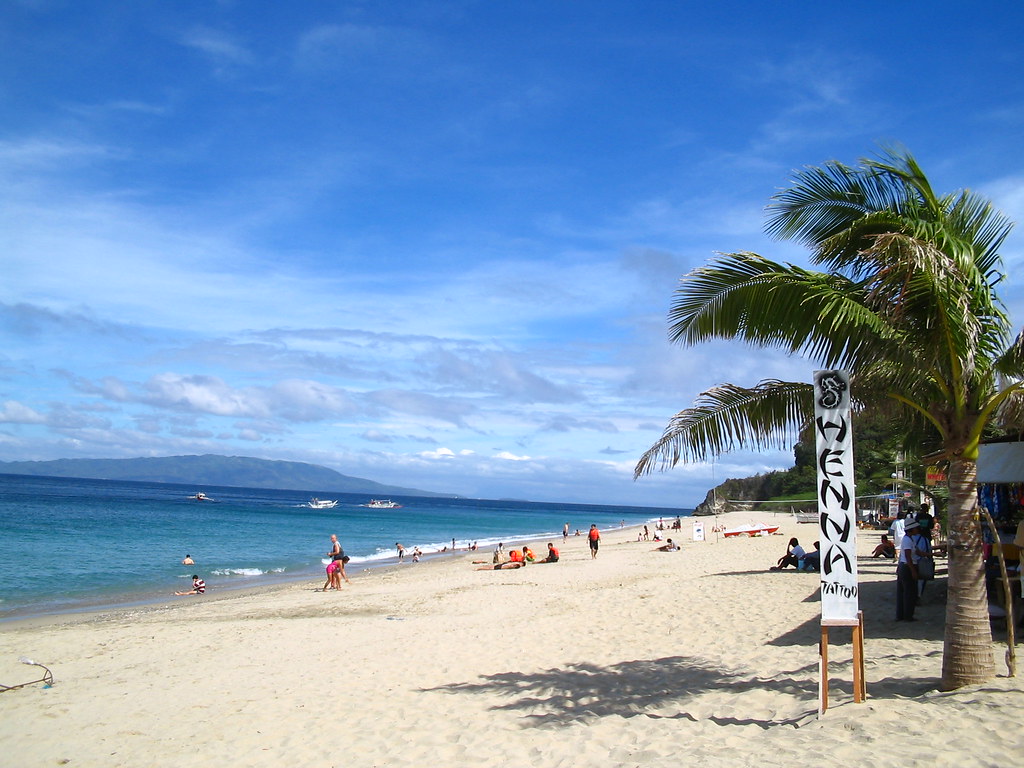Hiroo Onoda was a dedicated Japanese soldier who served as an Imperial 2nd Lieutenant during World War II. His extraordinary story has caught the attention of many, as he continued to fight for three decades after the war had officially concluded, steadfastly adhering to his orders and remaining steadfast in his loyalty to Japan.
Onoda’s assignment took him to Lubang Island in the Philippines, where he was ordered to engage in guerrilla warfare against the Allied forces. As the war raged on, he and a small group of soldiers under his command remained hidden in the island’s dense jungles, carrying out sporadic attacks against the enemy. Following Japan’s surrender in 1945, numerous attempts were made to inform him and his comrades that the war was over, but they staunchly refused to believe it, convinced that these messages were part of an elaborate enemy ruse.
The saga of Hiroo Onoda serves as a testament to the unwavering loyalty and dedication of some Japanese soldiers during World War II. His refusal to surrender and relentless determination to continue fighting provides a unique glimpse into the mindset of military personnel during this tumultuous time in history.
Life Before the War
Hiroo Onoda was born in 1922 in Kamekawa Village, now part of the city of Wakayama, Japan. Growing up in a family of farmers, he was rooted in Japanese tradition from an early age. Despite his rural background, Onoda showed intellectual promise and was awarded a scholarship that allowed him to study at a prestigious school.
His education took a turn towards military training when he joined the Imperial Japanese Army in 1942, in the midst of World War II. Onoda was selected to attend the elite Nakano School, an intelligence and espionage training center in Tokyo. The institution provided rigorous training in areas such as guerrilla warfare, sabotage, intelligence gathering, and more, equipping Onoda with skills that would prove useful in his future missions.
Having completed his training at Nakano School, Onoda was commissioned as a second lieutenant in the Imperial Japanese Army. He rose through the ranks and became part of a special unit assigned to conduct covert operations in enemy territory. His specific task was to lead guerrilla operations in the Philippines, aimed at hampering the Allied forces’ efforts on the island of Luzon.
As Onoda prepared to embark on his mission, he was unaware that his life would take an extraordinary turn, leading to a battle for survival that would make him a symbol of perseverance, even long after the war had ended. The world would come to know the remarkable story of Hiroo Onoda, the Japanese soldier who refused to surrender for three decades, carrying on a lonely mission as an embodiment of loyalty and dedication to the cause.
Mission and Arrival in the Philippines
In the midst of World War II, Japanese soldier Hiroo Onoda was assigned to Lubang Island in the Philippines as part of the Japanese Imperial Army. Onoda’s primary objective was to engage in guerrilla warfare and hinder the advancing forces, especially in anticipation of American invasion in the region. He was a dedicated and tenacious soldier, well-trained in intelligence gathering and sabotage tactics.
Upon his arrival on Lubang Island, Onoda joined a small group of Japanese soldiers who were already stationed there. Their mission was to disrupt and sabotage enemy operations, particularly targeting airstrips and port facilities. With a clear understanding of his role, Onoda displayed great commitment to the cause, despite knowing the severe challenges they were up against.
As the war progressed, the Japanese Army on Lubang Island faced increasing opposition from both Filipino resistance fighters and the approaching American forces. General Tomoyuki Yamashita, commander of the Japanese Imperial Army in the Philippines, was well aware of the strategic importance of Lubang Island. He sent reinforcements to support Onoda and his fellow soldiers in their guerrilla warfare efforts. However, the situation continued to escalate, and the Japanese soldiers found themselves under relentless attack.
Despite facing insurmountable odds and a rapidly changing battlefield, Hiroo Onoda remained steadfast in his mission. True to his military training and loyalty, Onoda would go on to spend 30 years hiding in the mountains of the island, refusing to surrender or accept that the war had ended. His story is a testament to the dedication and resilience of a soldier, even in the face of uncertainty and isolation.
Surviving in the Jungle
Hiroo Onoda, a Japanese soldier, spent 30 years in the jungles of the Philippines believing that World War II was still ongoing. His incredible story of survival and courage is a testament to the power of human resilience and adaptability in the face of adversity.
Throughout his time in the jungle, Onoda relied on local resources such as rice, coconuts, and bananas to sustain himself and remain physically strong. Along with his survival techniques, he was also an expert in guerrilla tactics, which allowed him to evade capture for many years.
Onoda was not alone in the jungle for the entire time – for nearly 30 years, he was accompanied by another soldier named Kinshichi Kozuka. Together, the two of them relied on their training and resourcefulness to survive in a harsh and unforgiving environment.
Some of the survival techniques employed by Onoda and Kozuka included building shelter from natural materials, hunting and trapping animals for food, as well as using the dense foliage for cover. In order to maintain their health, they would also forage for edible plants and roots to supplement their diet.
In addition to their resourcefulness, their unwavering courage played a significant role in their ability to endure their ordeal. Even though they were subjected to numerous hardships and challenges, Onoda and Kozuka remained steadfast in their mission. Ultimately, their perseverance and determination allowed them to survive in the jungle for an extended period.
Encounters and Shootouts
Hiroo Onoda, a Japanese soldier, continued to fight for years after World War II had ended. He had multiple encounters with local residents, Philippine forces, and even American forces during his time in the Philippine jungles. His story is one of persistence and determination, albeit ultimately misguided.
In the early years of hiding, Onoda and his small group of soldiers engaged in several shootouts with Philippine forces and local police. These incidents resulted in injuries and fatalities on both sides. The group’s presence was a persistent challenge for the local authorities who sought to bring an end to their guerilla-style attacks and activities.
One notable incident occurred in 1972 when Onoda and his comrade, Kozuka, were discovered by Philippine police. In the ensuing shootout, Kozuka was killed, leaving Onoda on his own to continue his mission. Despite his companion’s death, Onoda’s determination to fight did not waver, and he continued to carry out raids against perceived enemies.
As the years passed, several Japanese search parties were sent to find and convince Onoda to surrender. In one instance, a man named Norio Suzuki embarked on a mission to locate him, armed with evidence of their encounter. Eventually, the Japanese government was able to locate Onoda and persuade him to lay down his arms.
Despite the various encounters and shootouts that marked Onoda’s three-decade-long struggle, his story provides a glimpse into the difficulties that can arise in the aftermath of war. It serves as a testament to the importance of ensuring that all combatants are informed and aware of the true outcomes of conflicts, to prevent further unnecessary violence and loss of life.
Failed Attempts to Surrender
Hiroo Onoda, a lieutenant in the Imperial Japanese Army, remained in the Philippine jungle for 30 years after World War II had ended, refusing to believe that the war was over. Despite multiple efforts made by various parties to convince him to surrender, Onoda remained loyal to his mission and continued to wage a personal war against the enemy.
During the 1950s and 1960s, numerous leaflets were dropped over the Lubang Airfield and its surrounding jungle, informing soldiers like Onoda that the war had ended. These leaflets, which were considered by some Japanese soldiers to be enemy propaganda, were largely dismissed as false information. The continued presence of armed guerrillas in the region made it difficult for Onoda and his comrades to trust such claims.
In addition to the leaflets, search parties were sent to locate and convince the remaining Japanese holdouts of the true end of the war. One such attempt involved Major Yoshimi Taniguchi, Onoda’s former commanding officer. Taniguchi traveled to the Philippines in 1974 to personally persuade Onoda to surrender, with the support of the Japanese and Philippine governments. He brought with him a written order that clearly stated the end of the war and instructed the remaining soldiers to lay down their arms.
This encounter with Major Taniguchi finally convinced Onoda that the war had indeed ended, and he agreed to surrender. Upon his return to Japan, Onoda was hailed as a hero for his unwavering loyalty to his country. His story serves as a testament to the complexity of human psychology and the power of belief in the most extreme circumstances.
Discovery by Norio Suzuki
In 1974, a young Japanese adventurer named Norio Suzuki set out on a unique mission. Suzuki was fascinated by the story of Lieutenant Hiroo Onoda, a former Imperial Japanese Army officer who was rumored to be still hiding in the jungles of Lubang Island, Philippines. Suzuki’s curiosity led him to undertake a search for Onoda, as well as for the elusive Abominable Snowman, and other mysterious figures.
Suzuki’s persistence paid off when he finally located Lieutenant Onoda in a remote area of the island. Onoda had been in hiding for nearly three decades, refusing to surrender and believing that the war was still ongoing. Upon meeting Suzuki, Onoda expressed his willingness to return to Japan, but only if he received a formal surrender order from his superior.
Realizing the significance of this encounter, Suzuki made it his mission to facilitate Onoda’s repatriation. He managed to track down Onoda’s commanding officer, Major Yoshimi Taniguchi, who was still alive and living in Japan. With Taniguchi’s support, Suzuki returned to Lubang Island and delivered the long-awaited surrender order to Lieutenant Onoda.
Initially, Onoda was hesitant to accept the order without verifying its authenticity. However, once convinced, he agreed to lay down his arms and surrender. This extraordinary event captured the attention of both the Japanese and Philippine governments. In a gesture of goodwill, Philippine President Ferdinand Marcos granted Onoda a full pardon for the acts he committed during his prolonged stay on Lubang Island.
The tale of how Norio Suzuki discovered Hiroo Onoda is a testament to the power of perseverance and human determination. Their meeting marked the end of Onoda’s 30-year-long war and ushered in a new chapter in the annals of history, demonstrating the capacity for change even in the most stubborn of circumstances.
Homecoming and Aftermath
In 1974, Hiroo Onoda, a former Japanese Imperial Army intelligence officer, finally emerged from the jungles of Lubang Island in the Philippines. For nearly three decades, Onoda firmly believed that World War II was still ongoing, due to having never received official orders to the contrary. After yet another attempt to bring him out of hiding, Onoda was finally convinced by his former commanding officer, Lieutenant Suzuki, that the war had indeed ended.
When Onoda returned to Japan, he received a hero’s welcome, as the entire country marveled at his fierce determination and unwavering loyalty to his country. The Japanese government, led by Emperor Hirohito, took notice of Onoda’s remarkable story and extended heartfelt gratitude for his service. In a highly publicized event, Onoda was presented with a special commendation and was personally greeted by dignitaries, including then-Prime Minister Yoshihide Suga.
During his time in the limelight, Onoda addressed the Japanese Diet, where he recounted his experiences living in the jungle and his commitment to his mission as a Japanese soldier. This historic appearance captivated the nation and highlighted the values of honor, duty, and perseverance that exemplified the Japanese spirit during World War II.
Although Onoda would later be subject to some controversy over his actions during his time in hiding, his homecoming and the subsequent attention focused on his story served as a poignant reminder of both the personal and national sacrifices made throughout the war.
In the years that followed, Onoda continued to share his incredible tale through interviews, public appearances, and a bestselling memoir. Through his journey, Onoda’s unwavering loyalty, determination, and survival instincts in the face of incredible adversity continue to captivate and inspire audiences around the world.
Legacy and Media
Hiroo Onoda’s story has captured the imagination of many around the world, as it opened a window into the power of determination and loyalty. His experiences were documented in multiple forms, including autobiographies, documentaries, and biographies, highlighting his commitment to his duty.
Onoda’s autobiography “No Surrender: My Thirty-Year War” provides a firsthand account of his time spent in the jungle. In-depth and honest, it offers readers an understanding of his journey and the thoughts that drove him to continue his fight for so many years.
Several documentaries have also been made about Onoda’s extraordinary life. One such documentary is “The Twilight World” which captures his journey out of the jungle and the ensuing reintegration process. Werner Herzog, an acclaimed filmmaker, has also delved into Onoda’s story, exploring his resilience and unwavering conviction in the face of adversity.
In the world of biographies, 10,000 Nights in the Jungle stands out as a fitting tribute to Onoda’s strength of character. This work details the numerous challenges he faced, from hunger and isolation to the belief that the war was still ongoing, and his unwavering commitment to his duty as a soldier.
Perhaps one of the most notable recent projects based on Onoda’s story is the film Onoda: 10,000 Nights in the Jungle directed by Arthur Harari. This feature film debuted at the Cannes Film Festival, garnering critical acclaim and shining the spotlight once more on Hiroo Onoda’s inspiring tale of perseverance and honor.
Through these various portrayals in autobiographies, documentaries, and biographies, the story of Hiroo Onoda continues to touch audiences around the world. His legacy serves as a reminder of the power of loyalty, commitment, and the human spirit, providing inspiration to those who witness it.
Death and International Recognition
Lieutenant Hiroo Onoda, a Japanese soldier who gained international fame for continuing to fight World War II long after its conclusion, passed away due to heart failure in 2014, in his home in Wakayama Prefecture, Japan. His story of unwavering loyalty to his country, even after three decades, earned him admiration and respect from many.
Onoda was stationed on the Philippine Island of Lubang during the war, tasked with gathering intelligence and conducting guerrilla warfare. Despite the war’s end in 1945, Onoda refused to surrender, as he believed it was a ruse by the enemy. He only yielded in 1974 when his former commanding officer personally traveled to the island to issue orders for Onoda’s surrender.
His dedication was widely recognized around the world. When he first returned to Japan, Onoda was hailed as a hero for his extraordinary perseverance. His story served as a testament to the resilience and loyalty of soldiers during conflict.
During the Vietnam War, Onoda’s uncompromising spirit earned him even more recognition as an example of the commitment and discipline military forces should exhibit. Although Onoda expressed regret for his actions in the Philippines, mainly the deaths he caused while continuing to fight, the international community continued to admire his resolve.
Hiroo Onoda’s story is a unique and unforgettable account of the spirit of a soldier and the ambiguity of war’s aftermath. Today, his legacy endures as a reminder of the moral complexities that arise from unyielding loyalty and dedication to one’s country.




![Isora Resort [Review]](https://www.puertogalera.ph/wp-content/uploads/2023/07/d7m5xramf8g.jpg)



